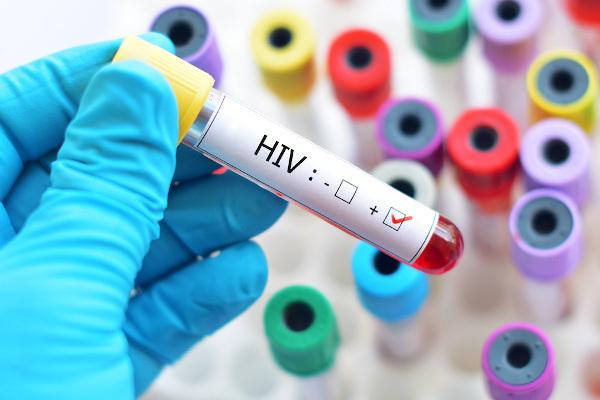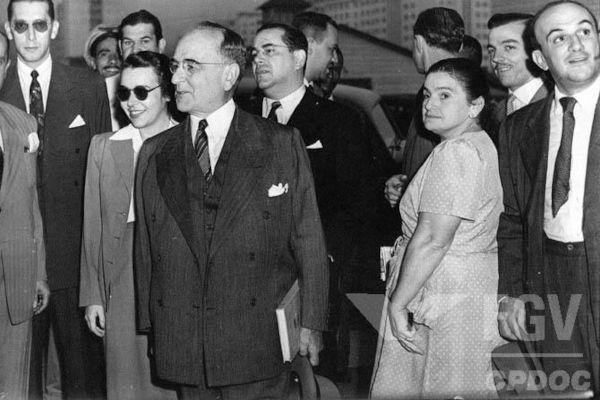Named after the saint honored on the day of his discovery, on October 4th, the São Francisco River ran making history. Before the discovery of its mouth by Portuguese navigators, in 1501, among them its godfather, the Italian Americo Vespucci, the São Francisco was called “Opará” by the indigenous nations that inhabited the region. It is worth clarifying that Opará, name of Tupi-Guarani origin, means something like a river the size of the sea.
With so much water running out in the hinterland, the São Francisco was the reason that, in the history of Brazilian rulers, occasionally, if they touched its shores, quenching the thirst for all kinds of political purposes, especially the interests of the northeastern colonels. Now, the issue seems to be on the way to a solution, or at least a troubled evolution. Looks. Let's say appearances can be deceiving. The Lula government decided to carry out the São Francisco transposition project; understand that transposition is a displacement without losing the central shaft; in other words: distribute the water from the mighty Velho Chico to other places.
From this very brief preamble, what we have to discuss further on is something that enters into the issues between Church and State, Religion and Politics. In the specific case we will address the hunger strike of bishop d. Luiz Flávio Cappio performed against the São Francisco River transposition project. Economist and Franciscan, Cappio was born on Saint Francis' day and adopted the river as an ethical and religious reason for his struggle in favor of nature and man. D.Luiz has spared no efforts to make life hell for those who approve the transposition project. Armed with Franciscan detachment in favor of the unfortunate in northeastern Brazil, the bishop set out on an interesting path: the hunger strike as an element of political pressure.
Biblical interpretations and so-called progressive sectors of the Catholic Church justify the hunger strike; they look for help, for example, in the Gospel of St. Mark where he says “Whoever wants to save his life will lose it; but whoever loses his life for my sake and the gospel will save it" (Mk 8:35).
We can understand, then, that given the above conception, individual life is on a smaller scale than collective life, therefore the life ceases to be, in its individuality, an absolute good so that, in the community, it becomes a patrimony of its own survival human. Clarifying: one life can be lost in the name of all others, or at best, it can be made available for something that prevents risks to the survival of a collectivity.
D. Cappio carried out this political and religious mission, defending the river in order to preserve lives riverside, even certain lines in which life is swallowed by the sense of applying the cruciato. The separation between Church and State, then, seems more a way of clash than of freedom between two entities. It would be something like the impulse of love in the face of some legal, moral or ethical norm that prohibits its manifestation.
The big shock comes when the political man manifests himself in front of the State. It is clear that the difference and correlation of forces between one and the other is enormous. As a rule, the state is much stronger. In this way, D. Cappio used three powerful weapons to try to balance this force: one in being bishop of the Catholic Church, another in holding the decision-making power of self-flagellation and the third that his act would have national repercussions and International. He used, without blinking, his arsenal and began his path of placing his own life on the altar of Brasília's offices. Great broth in the angu of the palatial table. The bishop seems to call the debate to its ground, that is, to the plane of political action carried out by non-violent means. It is worth remembering that Mahatma Ghandi made use of this expedient, just as, let's not be simple-minded, Saddan Hussen did too. It is also worth remembering, therefore, that such an act is just another political weapon and not a manifestation of the exclusive redemption of well-intentioned people. The question is not what is done, but who does it and the political implication of the act done.
There is no code of ethics for the scourge. There is no way to prevent political positioning, in fact, one cannot and much less should think about doing it. Also: we cannot put food inside those who do not want to eat, but those who refuse to eat have how to place political, ethical, religious interests or other interests within some segments are.
A huge Franciscan stone in the Lula team's shoe. How is a government whose political roots lie precisely in the option for pressure mechanisms in favor of the poor in the most severe ways? And how is the church facing the supreme good that is the life created by God and that only He can take it away? It doesn't stay and won't stay. The tactic, it seems, is to wait for the bishop's stomach to fill up again on the one hand, and on the other hand for the government's thirst for carrying out the works to cease. The government tried to retreat at first and then say, through President Lula's own mouth, that the works would continue. D. Cappio ended his strike willing to restart it. Meanwhile, the life of a bishop enters the fight for the death of a project. The São Francisco runs and the people urge without bread and, it seems, without Chico as well.
Per Divine Bonds
Columnist Brazil School
Politics - Brazil School
Source: Brazil School - https://brasilescola.uol.com.br/politica/sem-pao-para-sao-francisco.htm



